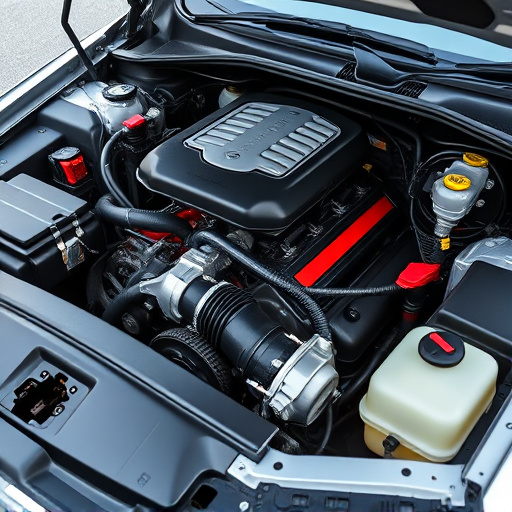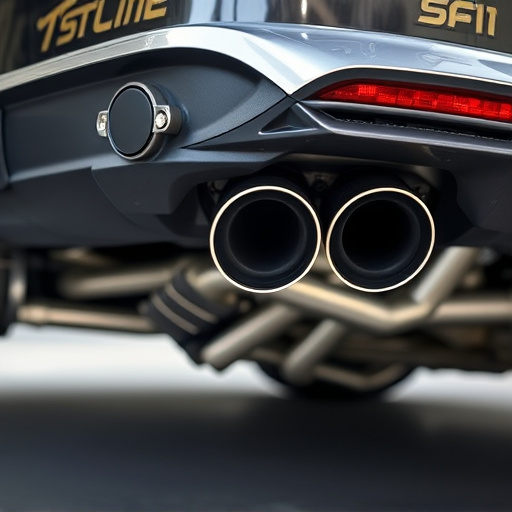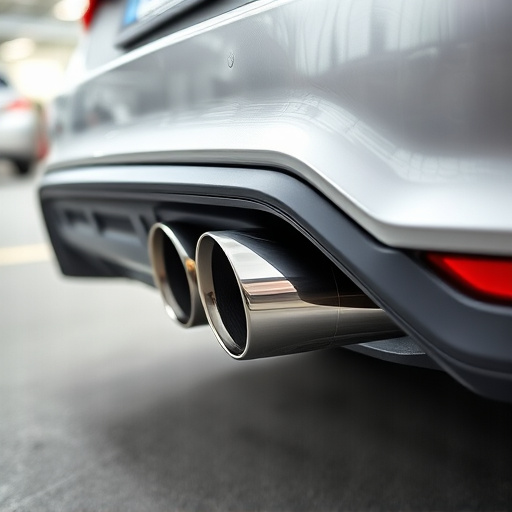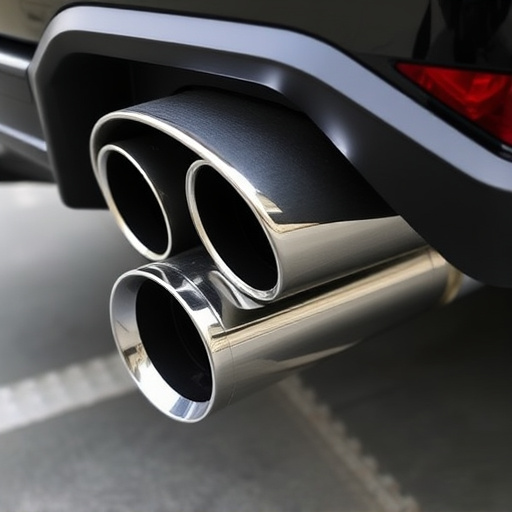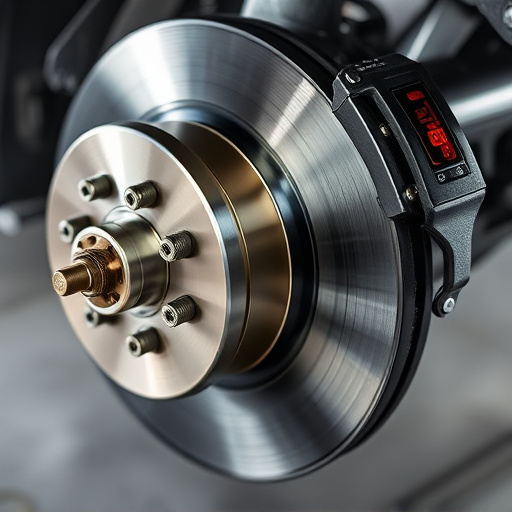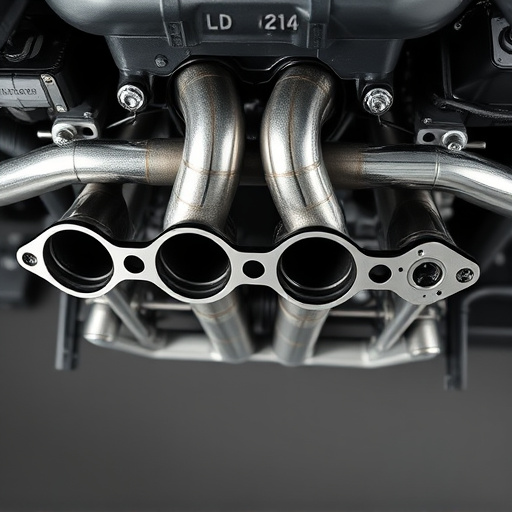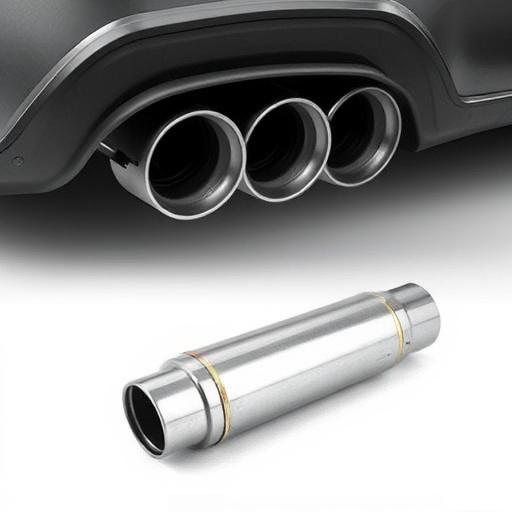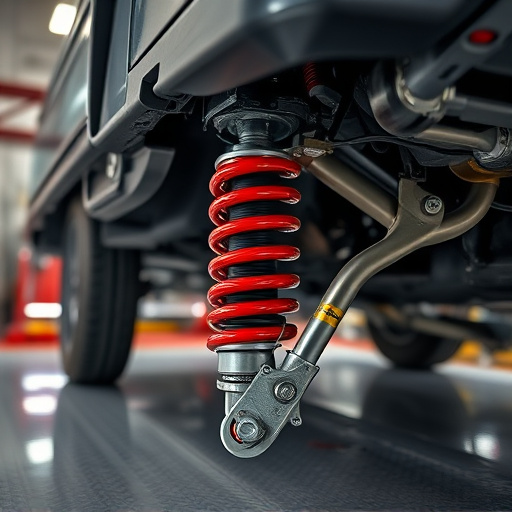Dry air filters revolutionize automotive filtration by replacing oil-based systems with advanced materials for improved airflow and engine performance. They enhance combustion efficiency, fuel economy, and power while simplifying servicing and prolonging critical components' lifespan. High-quality filters, available in cotton gauze, synthetic media, or glass fiber, should be chosen based on climate, driving habits, and vehicle type. Regular maintenance ensures optimal efficiency, reducing emissions and contributing to a smoother, more environmentally friendly drive.
Discover how dry air filters are transforming vehicle engine performance. This innovative technology offers a cleaner and more efficient alternative to traditional oil-based systems. In this article, we explore the mechanics of dry air filters, highlighting their numerous advantages for vehicles. From improved fuel economy to reduced maintenance costs, these filters are a game-changer. Learn about selection, installation, and maintenance tips to ensure optimal engine efficiency with your dry air filter.
- Understanding Dry Air Filters: How They Work
- Benefits of Using Dry Air Filters in Vehicles
- Choosing and Maintaining Dry Air Filters for Optimal Efficiency
Understanding Dry Air Filters: How They Work
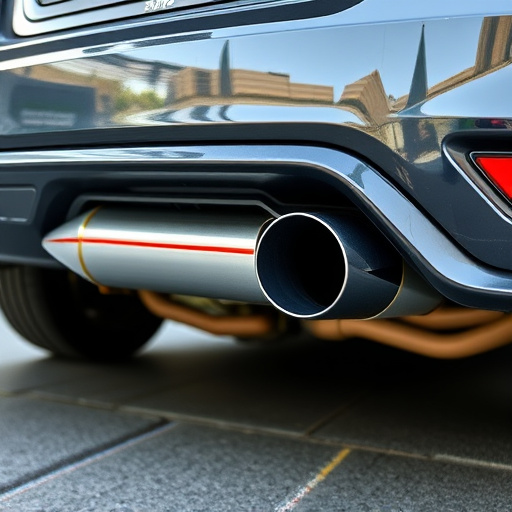
Dry air filters are designed to revolutionize the way engines breathe, offering a more efficient performance alternative to traditional oil-based filtration systems. Unlike conventional filters that rely on oil to trap contaminants, dry air filters utilize advanced materials like high-quality fabrics or synthetic media to capture particles while allowing clean, dry air to pass through effortlessly.
When installed in place of standard filters, such as those found in intake manifolds or engine bays, dry air filters provide numerous benefits. They reduce restrictions in the airflow, ensuring optimal air-fuel mixture delivery to the engine. This, in turn, enhances combustion efficiency, leading to better fuel economy and improved engine power. Additionally, by eliminating the need for oil maintenance, dry air filters simplify vehicle servicing and can even extend the lifespan of other components, including brake rotors, coilover kits, and exhaust tips, by reducing wear caused by contaminated air.
Benefits of Using Dry Air Filters in Vehicles
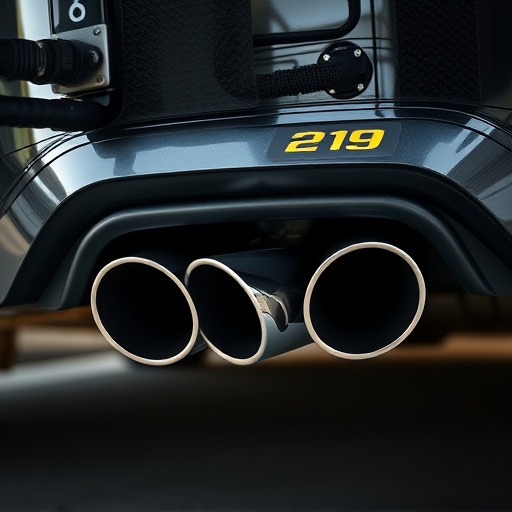
Using dry air filters in vehicles offers numerous benefits that significantly enhance engine performance and overall efficiency. Unlike traditional oil-based filters, dry air filters do not trap moisture or collect oil, ensuring clean and dry intake air. This prevents water condensation inside the engine, which can lead to corrosion and reduced power output. By maintaining optimal air flow, dry air filters allow for better combustion, resulting in improved fuel efficiency and powerful performances.
Moreover, these filters contribute to better maintenance of crucial vehicle components such as performance brakes, suspension systems, and exhaust tips. They trap small particles and contaminants before they can enter these sensitive parts, reducing wear and tear and extending their lifespan. This not only saves on costly repairs but also enhances the overall driving experience by ensuring a smoother and more responsive ride.
Choosing and Maintaining Dry Air Filters for Optimal Efficiency
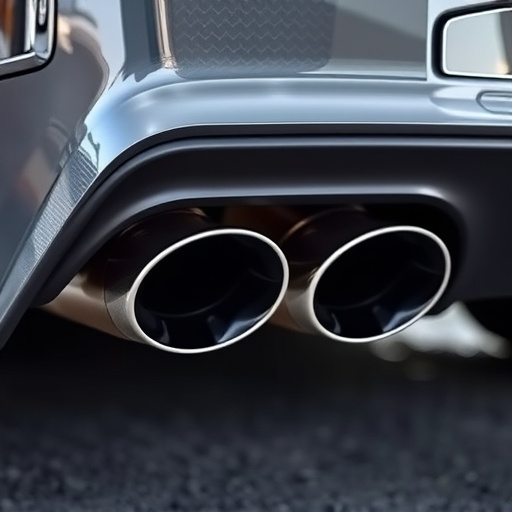
Choosing the right dry air filter is the first step towards enhancing your engine’s efficiency. Opt for high-quality, performance air filters designed to maximize airflow while ensuring minimal restriction. These filters often come in various types, such as cotton gauze, synthetic media, or glass fibre, each with unique advantages. Consider factors like climate conditions, driving habits, and vehicle type when making your selection. For instance, if you live in a dusty area, a more robust filter might be necessary.
Regular maintenance is equally vital to sustain optimal performance. Dry air filters should be cleaned or replaced periodically, depending on usage. Most manufacturers provide guidelines for maintenance intervals, which can be as frequent as every 10,000 to 15,000 miles. Using dedicated cleaning kits and following the correct procedure ensures that your filter remains efficient. Remember, a well-maintained dry air filter not only boosts engine efficiency but also contributes to better fuel economy and reduced emissions, giving you a smoother and more environmentally friendly driving experience. Additionally, high-performance air filters, when combined with other upgrades like new brake pads, can unlock the full potential of your vehicle’s engine.
A dry air filter is a game-changer for vehicle owners, offering enhanced engine efficiency without the need for oils. By efficiently removing contaminants from the airflow, these filters contribute to improved performance and reduced wear on engine components. With proper selection and maintenance, as discussed in this article, incorporating a dry air filter can be a cost-effective and eco-friendly way to keep your vehicle running smoothly, ensuring optimal efficiency for years to come.







